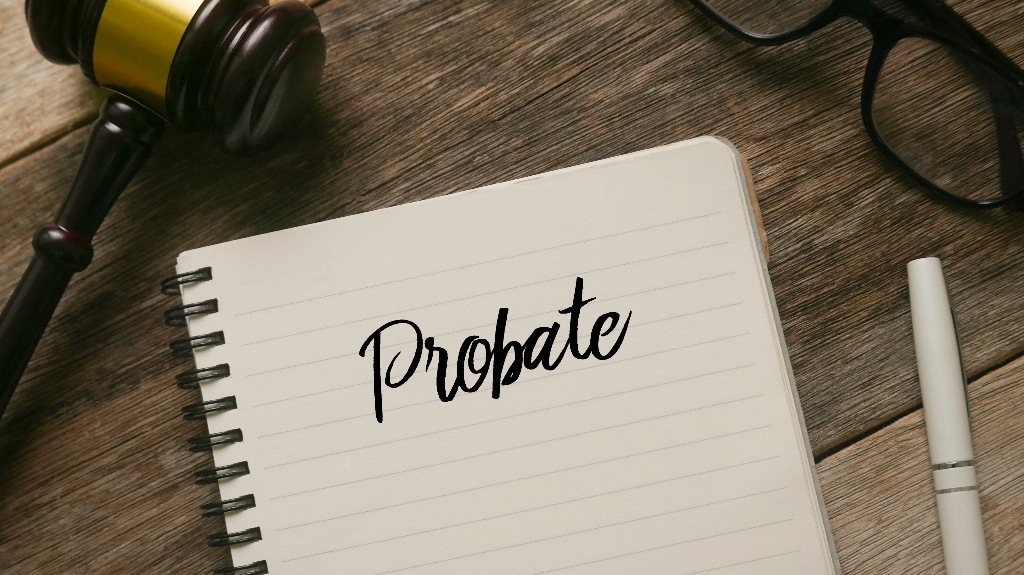After a person’s death, the assets in their estate must go through the probate process to pay the person’s creditors and distribute the estate to heirs and beneficiaries. When a person passes away, having left a will, their will can name an executor to administer the person’s estate. But what duties or powers does an executor have during a Texas probate proceeding?
What Is an Executor?
An executor has the responsibility to administer a decedent’s estate. A decedent’s will can appoint a specific individual to serve as the executor of their estate. However, when a decedent does not leave a will or the person they nominate to serve as executor cannot fulfill the role, the probate court may appoint an administrator to handle the estate. An executor must be at least 18 years of age and of sound mind (meaning a court has not declared them legally incompetent). An executor also may not have a felony conviction. However, a probate court may exercise its discretion to appoint an executor with a prior felony conviction who meets other requirements for appointment.
In many cases, a person will name a close family member or friend to serve as executor, as people may feel like they can trust a loved one to carry out their wishes. However, when a person has a complex estate or a family with significant internal disputes, they may choose a neutral third party or professional to handle probate.
Core Duties of an Executor in Texas
An executor’s primary responsibilities during a Texas probate case include:
- Opening probate: The person named executor in a decedent’s will usually assumes responsibility for petitioning the court to open a probate proceeding.
- Collecting and inventorying assets: After receiving the court’s appointment, the executor must locate, inventory, and appraise the estate’s assets.
- Notifying creditors and settling debts: An executor must inform the estate’s creditors of the probate proceeding to trigger the limitations period for a creditor to submit a payment claim. The executor must evaluate all creditor claims to determine which claims to pay.
- Handling legal paperwork: Executors must file various forms during the probate process, such as estate tax returns or accountings of actions taken on behalf of the estate.
- Managing estate property: An executor must maintain estate property until distributed to heirs or beneficiaries; maintenance may include paying property taxes or upkeep costs.
- Distributing inheritances: After settling debts, the executor may begin distributing inheritances as directed by the decedent’s will, or if the decedent left no will or the will contains no instructions for certain assets, then according to state intestacy law.
Legal Obligations and Potential Liability
An executor owes fiduciary duties to the estate and its heirs or beneficiaries. These duties include:

- Duty of care: An executor must manage the estate prudently, including seeking professional assistance when necessary.
- Duty of loyalty: Executors must act in the estate’s best interests and refrain from self-dealing or usurping estate assets.
- Duty of good faith: An executor must act reasonably towards all heirs or beneficiaries.
When an executor violates their fiduciary duties, the estate’s heirs or beneficiaries may pursue legal action to hold the executor liable for financial losses caused by their misconduct, such as wasting or misappropriating estate assets. Heirs and beneficiaries may also seek to replace an executor who breaches their fiduciary duties.
Contact a Probate Lawyer Today
When a loved one’s will has named you as executor of their estate, understanding your role in the Texas probate process can help you through the estate administration process. Contact Carroll Law Group, PLLC, today for a confidential consultation with a probate attorney to learn more about your duties and responsibilities as the executor of a family member’s or friend’s estate.

